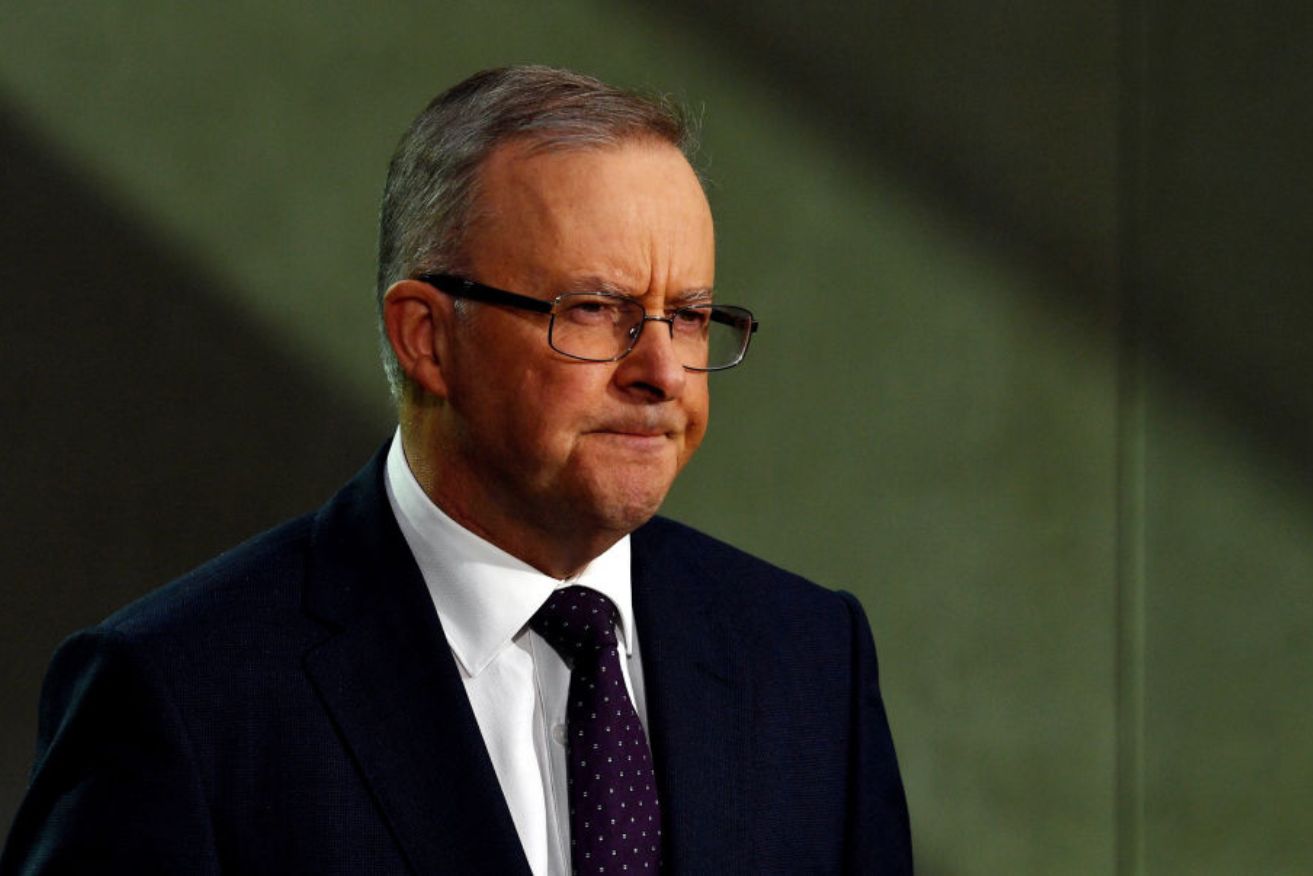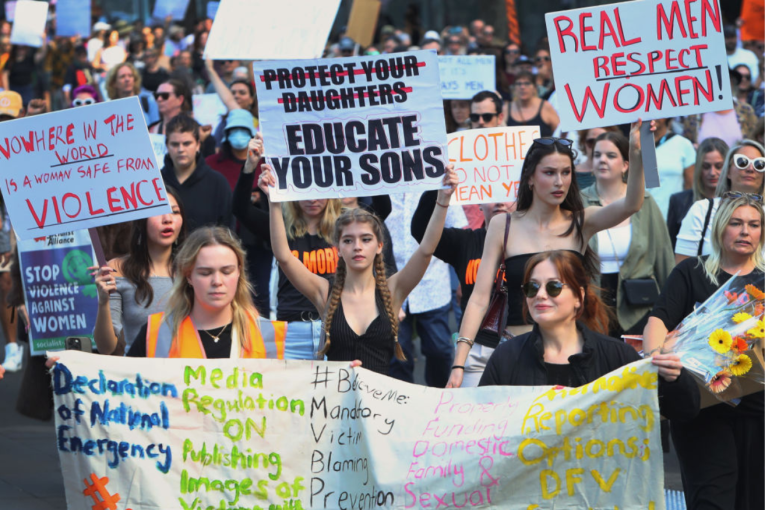Why this ‘no-brainer’ policy could be key to reviving Labor’s fortunes


Anthony Albanese needs to share his vision for the nation better – even at the risk of upsetting some, Paul Bongiorno writes. Photo: Getty
As 2023 draws to a close, there’s a growing perception that the Albanese government is on the rocks.
The overwhelming public rejection of the Indigenous Voice to Parliament, decade-high interest rates, the soaring cost of living and a sense among voters that Albanese is timid and averse to making hard decisions have contributed to the government’s worst position in opinion polls since the election.
With the next election due by September 2025, the government will need some big, tangible achievements it can point to as evidence it deserves another go.
Albanese has already identified the cost of living as the key to Labor winning multiple terms in government, but asking the big supermarkets to keep the price of Christmas ham low probably isn’t going to do the trick.
Thankfully for the government, it does have a reform waiting in the wings that could have a real effect on the cost-of-living crisis.
The proposed criminalisation of wage theft included in the planned next round of industrial relations reforms could be one of the government’s biggest achievements to date.
The sheer scale of wage theft in contemporary Australia goes beyond overworked descriptors like “rampant”.
Brands like Amazon, Uber, DoorDash, and 7-Eleven have become bywords for underpaying their workers, but for every business that makes headlines for wage theft, there are an unknown number that get away with it. In some cases wage theft underpins the business model of entire sectors.
In recent years, workers have made claims of underpayment and exploitation against a stunning number of Australia’s biggest businesses across nearly every industry imaginable.
There are simply too many to list here, but they include the Commonwealth Bank, Westpac, NAB, Bankwest, Qantas, Coles, Woolworths, Aldi, Harvey Norman, Telstra, Optus, Merivale, Bunnings Warehouse, McDonald’s, Hungry Jack’s, KFC, Domino’s, Pizza Hut, Crust Pizza, Subway, Grill’d, Red Rooster, Guzman Y Gomez, Starbucks, Bakers Delight, Brumby’s, Donut King, Cadbury, Michel’s Patisserie, Max Brenner, Coffee Club, Gloria Jean’s, Chatime, 7-Eleven, Caltex (now Ampol), Coles Express, BP, United Petroleum, OTR, Big W, Dan Murphy’s, BWS, Myer, David Jones, Target, Country Road, Zara, Snap Fitness, Flight Centre and Chemist Warehouse.
There’s also many of the country’s biggest universities, the tip-truck-driving industry, the STEM industry, and the fruit-picking industry.
The list above is nowhere near a comprehensive list, not least because these cases are just the ones we know about.
There are hundreds of thousands of businesses across Australia, and plenty of them do the right thing.
But when the Fair Work Organisation audited a cross-section of 1385 businesses in 2019, it found 22 per cent of them weren’t paying their workers properly.
If that figure is even roughly accurate across the wider economy, it means more than three million workers in Australia are being ripped off by their employers with impunity.
At the very least, making wage theft a crime with a maximum penalty of ten years imprisonment or $7.8 million in fines will make unscrupulous employers think twice, especially once the first few sentences are handed down.
It will make many more check their payroll and accounting systems to make sure they’re not in breach of the law.

It’s likely the revealed underpayment scandals are just the tip of the iceberg. Photo: TND
But it will likely have a much larger flow-on effect for the millions of workers who take home less than they’ve earned each fortnight.
Making wage theft a criminal offence instead of an obscure and complex matter of industrial relations law may help tip the balance of power in Australian workplaces back towards workers.
Headlines revealing yet another instance of wage theft make people angry.
News bulletins showing employers actually facing consequences for stealing from their workers will make people confident to go into their own workplaces and demand fair pay and fair treatment.
Hence why the business lobby has been working overtime to get a scare campaign going since the next tranche of IR reform was announced in September.
Australian Chamber of Commerce and Industry chief executive Andrew McKellar has called the bill a “legislative abomination”.
The Australian Industry Group could fill a scrapbook with the number of hysterical press releases it has published in the past three months.
All of which should give the government confidence that it’s onto something good.
For a government often accused of doing too little, being able to say “we made wage theft a crime and put money back into people’s pockets” come election time should be a no-brainer.








